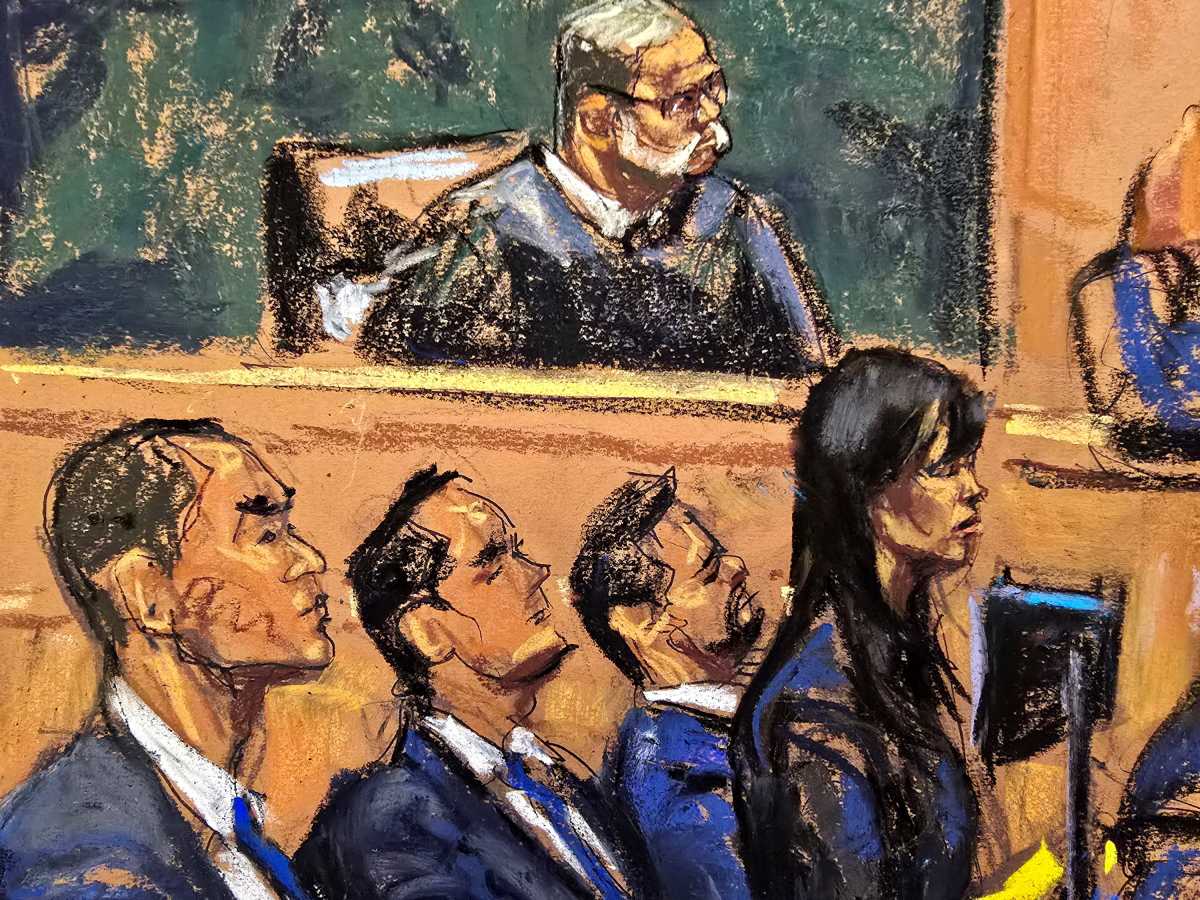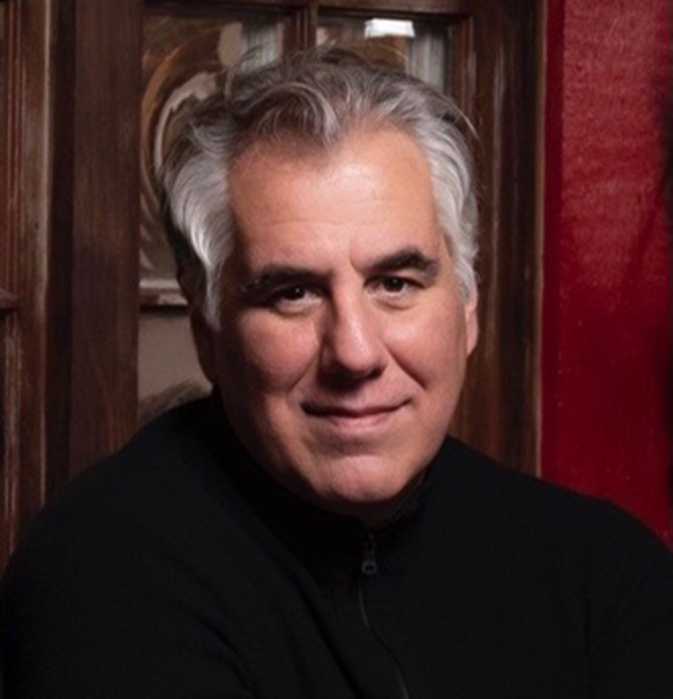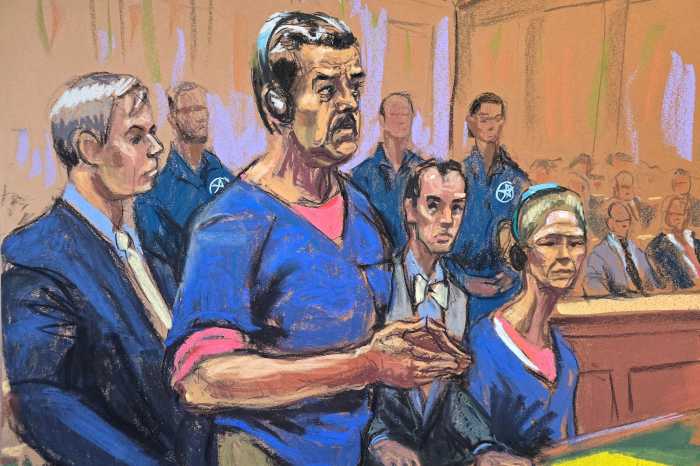A former aide to New York Governors Kathy Hochul and Andrew Cuomo is on trial facing charges she acted as an undisclosed agent to the Chinese government in exchange for millions of dollars in business transactions and benefits secured through Chinese officials.
Sun is accused of political activities intended to influence the public on China’s behalf, and committing wire and visa fraud, money laundering and other financial crimes in procuring a bounty from the Chinese government.
Prosecutors allege that Sun and her husband Chris Hu used the laundered proceeds of this scheme to fund a lavish lifestyle, purchasing a Long Island mansion for $3.6 million, a condominium in Honolulu for $1.9 million, and a 2024 Ferrari. Hu is accused of helping launder the kickbacks through a system of bank accounts he opened in the name of family members. Both Sun and Hu have both pleaded not guilty.
“This is a case about betrayal. This is a case about greed,” Assistant U.S. Attorney Amanda Shami reportedly told jurors in opening remarks at federal court in Brooklyn. “Public servants are meant to serve the public, not themselves.”
A key feature of Sun and Hu’s indictment is that the financial crimes and geopolitical implications are tied together in one “big overarching scheme or conspiracy,” said Anna Cominsky, the director of the Criminal Defense Clinic at New York Law School.
Sun’s political actions that prosecutors allege were in China’s interest involve years of preventing representatives of the Taiwanese government from having access to the governor’s office, facilitating COVID response between New York and Chinese officials and recommending Hochul refrain from mentioning the detention of Uyghurs in Xinjiang Province.
“The big idea being that she and her husband allegedly were doing what they could to get money from the Chinese government in exchange [for influencing] things that were happening here favorably to China,” Cominsky said.
The prosecution’s case against Sun hinges on the claim that her political activities violated the Foreign Agents Registration Act, a federal statute that says people who act formally as foreign agents in exchange for financial compensation must disclose their relationship to the U.S. Department of Justice.
Sun’s and Hu’s lawyers have denied the charges that they violated FARA and sought to portray her political activities as being in the normal course of duties for someone in government.
In his opening statement Wednesday, defense attorney Jarrod Schaeffer said Sun never had to register as a foreign agent because she wasn’t one.
“None of the advice she gave was inconsistent with U.S. foreign policy,” Schaeffer reportedly said.
Cominsky said the political dimension of the case is likely to turn the prosecution’s task into a “delicate balance.”
“Usually we keep politics completely out of criminal cases … but here that is, of course, part of this.”
Arguments are likely to bring up the extent to which the interests of China and the U.S. are at odds.
Under the second Trump administration, Attorney General Pamela Bondi has taken a more sparing approach towards probing China’s influence. Early in 2025, Bondi shifted the Department of Justice’s focus on FARA enforcement to prioritize cases involving conduct “similar to more traditional espionage by foreign government actors.”
In Sun’s case, however, U.S. District Judge Brian M. Cogan has ruled that he won’t allow any references to spying in court because that is not what’s being alleged against Sun.
Traditionally, FARA cases are coupled with allegations of espionage, making a more intuitive explanation as to why someone who’s hiding their true identity wouldn’t want to register as a foreign agent.
“Here it’s slightly trickier, right?” Cominsky said. “Because the government is going to have to prove that [Sun] should have said, ‘My interests are not in line with those of the government that I’m serving,’ and that ‘I’m actually looking to serve China first.’”






































